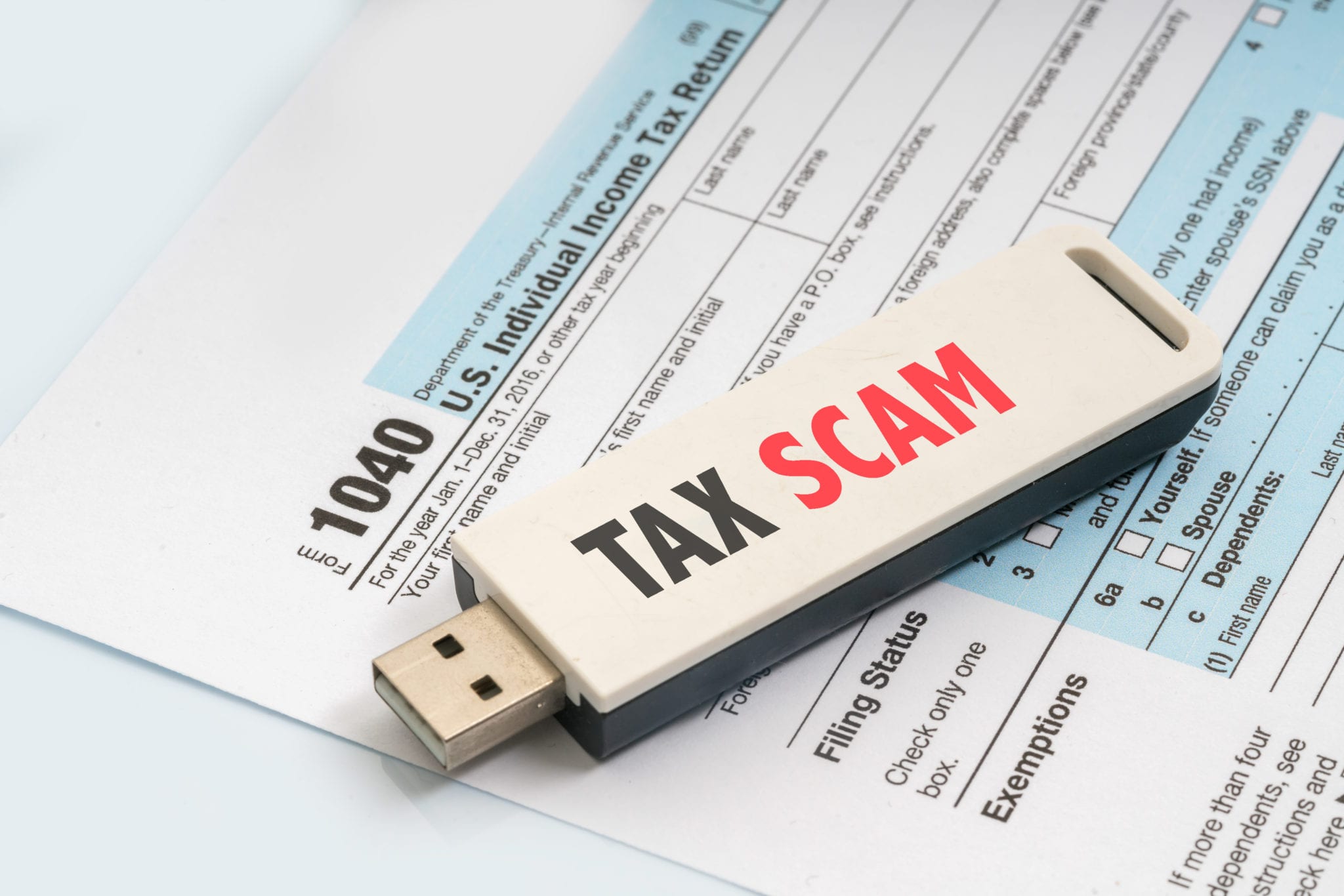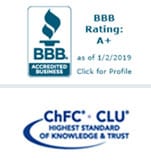
Don’t let your 2020 tax refund fall victim to tax fraud. In the wake of increasing tax scams because of the pandemic, taking steps to protect yourself from identity theft is more important than ever. Here are five steps you can take to keep your refund—and your identity—safe.
1. File Early
Filing early is the best defense against tax identity theft. If the IRS already has your legitimate tax return, scammers will have a much harder time filing a fraudulent one. Even if you don’t have all of your paperwork yet, you can still take steps to speed up the process by getting organized in advance. Identify what documents and receipts you do have on-hand and keep them together in a clearly marked folder while you wait for the rest of your paperwork to arrive. It’s also important to make sure you keep a list of the documents you’re still waiting on so you can complete your return as soon as you get them. This will help prevent you from trying to file a return with incomplete information.
If all of this sounds overwhelming, or you have a complex return and aren’t sure what documents you need, it might be time to hire a tax preparer.
2. Identify Red Flags
If your Social Security number or other personal information has been compromised, the IRS might pick up on the suspicious activity and alert you with certain “red flag” forms. If you receive forms from the IRS that include wages you didn’t earn, a W-2 or 1099 from an employer you don’t work for, or any of the other documents included in the IRS’s Guide to Employment-Related Identity Theft, your identity may be at risk. If you do get one of these forms, don’t include it in your tax return and alert the IRS immediately. You can also contact the Social Security Administration to review your wages.
3. Watch Out for Taxpayer Advocate Service (TAS) Phone Scam
We all have heard horror stories of IRS scammers stealing information from taxpayers over the phone, but in recent years they have gotten even more clever. According to the IRS, 2019 saw a massive surge in thieves impersonating the IRS Taxpayer Advocate Service offices in Houston and Brooklyn. If a taxpayer returns the call from these numbers, the scammer will then request personal, private information which could compromise your identity.
It is important to keep in mind the TAS or IRS will never initiate a phone call to a taxpayer randomly. The IRS will never demand immediate payment over the phone or threaten the intervention of law enforcement. Be vigilant and protect yourself against these scams.
4. Be Secure
If you e-file your taxes, make sure you have adequate security software with firewall and antivirus protection. Even when sending or viewing sensitive information unrelated to your tax return, make sure you always use a private, password-protected connection and never use public Wifi. In fact, try to avoid your speedy 5G network or VPN, we suggest you stick to your secure home network when accessing sensitive information. Treat your tax documents and any documents with your personal information like a credit card; don’t leave them lying around in the open, and if you’re saving that information electronically as scans or digital files, they need to be encrypted. Never email your tax documents to your preparer unless they are sent through an encrypted, secure file exchange.
5. Adjust Your Withholding
If you’re the victim of tax fraud or identity theft, it can take months to get your refund. According to the IRS, the average refund in 2020 was about $2,741, and the bigger the refund you’re waiting for, the more frustrating that wait will be. By adjusting your withholding, you can reduce the size of your refund, frustrating any would-be return thieves and putting more money in your paycheck year-round. To reap the full benefits, adjust your withholding so that your refund is as close to zero as possible. That way, you can make good use of your money throughout the year by saving or investing it, instead of letting Uncle Sam hold onto your money interest-free. If you are interested in restructuring your withholding, it is beneficial to discuss with your tax preparer and call your employer’s human resources department to make the adjustment.
If you are still searching for answers on your tax related questions, or are seeking an appointment in the 06110 area, West Hartford, call 860-676-1100 to schedule your appointment today!


Connor Rosenberger
connorctag@gmail.com
As Cowen Tax Advisory Group’s Digital Content Marketing Specialist, Connor provides in-house copywriting and manages the company’s electronic records system, email marketing, and blog.




